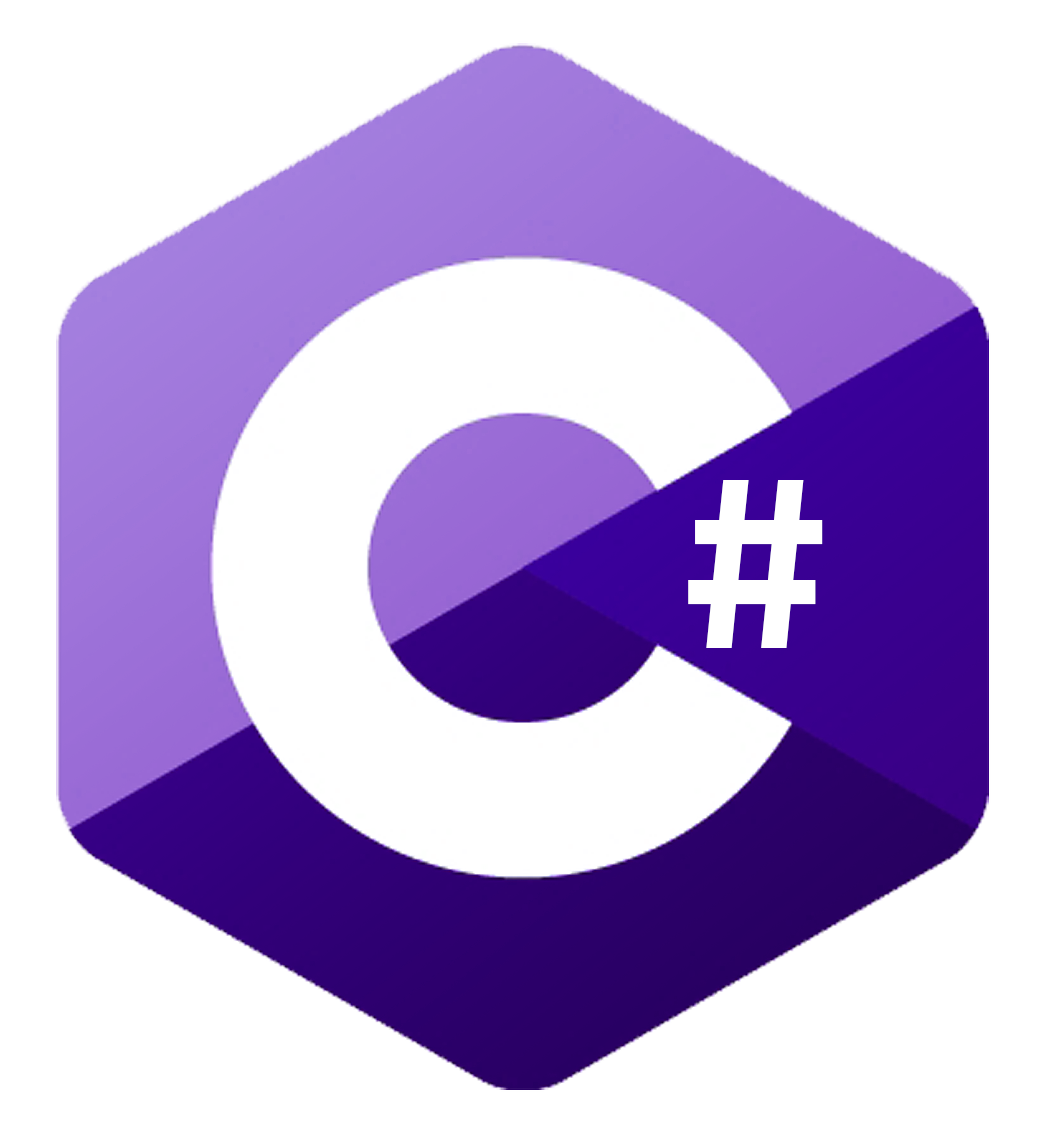C# stands as a contemporary, user-friendly, multipurpose programming language crafted by Microsoft under the .NET initiative, spearheaded by Anders Hejlsberg. This tutorial delves into both fundamental and advanced aspects of C# programming.
Pronounced “C sharp,” C# boasts widespread adoption across diverse application domains, including desktop, web, mobile, cloud, and gaming. Its design, drawing from C and object-oriented paradigms, facilitates a smooth transition for developers proficient in languages like C, C++, Java, and JavaScript.
Why Choose C#:
C# embodies both object-oriented and component-oriented principles, fortified with built-in features for robustness and ease of component utilization. Evolving over time, C# continually incorporates new features to support innovative software design and execution. Key attributes that elevate C# include its familiar syntax akin to C-style languages, robust object-oriented support, compilation into an intermediate language (IL) for execution on the Common Language Runtime (CLR), platform independence via .NET Core or Mono, Language Integrated Query (LINQ), asynchronous programming capabilities, and a rich standard library (.NET Framework Class Library or .NET Core).
Applications of C#: C# finds application across a spectrum of domains:
- Desktop Applications : Leveraging frameworks like Windows Presentation Foundation (WPF) or Windows Forms, C# powers a gamut of desktop applications, ranging from utilities to enterprise-grade software.
- Web Applications : ASP.NET and ASP.NET Core frameworks enable the development of web applications, including e-commerce platforms, content management systems, and web APIs.
- Mobile Applications : Xamarin facilitates cross-platform mobile app development for iOS, Android, and Windows Phone using C#.
- Game Development : Unity game engine empowers developers to create 2D and 3D games for various platforms.
- Enterprise Software : C# is instrumental in crafting CRM systems, ERP software, and business data applications.
- Cloud Services : C# plays a pivotal role in developing cloud-based applications and services on platforms like Microsoft Azure.
- Internet of Things (IoT) : C# is utilized in IoT device software development, leveraging platforms such as Windows IoT Core.
- Machine Learning and Data Analysis : C# supports tasks in machine learning and data analysis, utilizing libraries like ML.NET and frameworks such as Microsoft Azure Machine Learning.
- Tools and Utilities : C# is integral in crafting developer tools, debuggers, and performance monitoring utilities.
- Financial Applications : The finance sector extensively employs C# for trading platforms, risk management systems, and algorithmic trading tools.
Audience and Prerequisites : This tutorial caters to individuals seeking proficiency in C# programming across various domains, including Desktop Applications, Web Applications, Mobile Applications, Game Development, Cloud Services, Internet of Things (IoT), Machine Learning, Data Analysis, Tools and Utilities, and related fields. Basic familiarity with programming terminologies and concepts, alongside exposure to C, C++, or object-oriented programming languages like Java, serves as a solid foundation for embarking on this tutorial.
Programming Language

